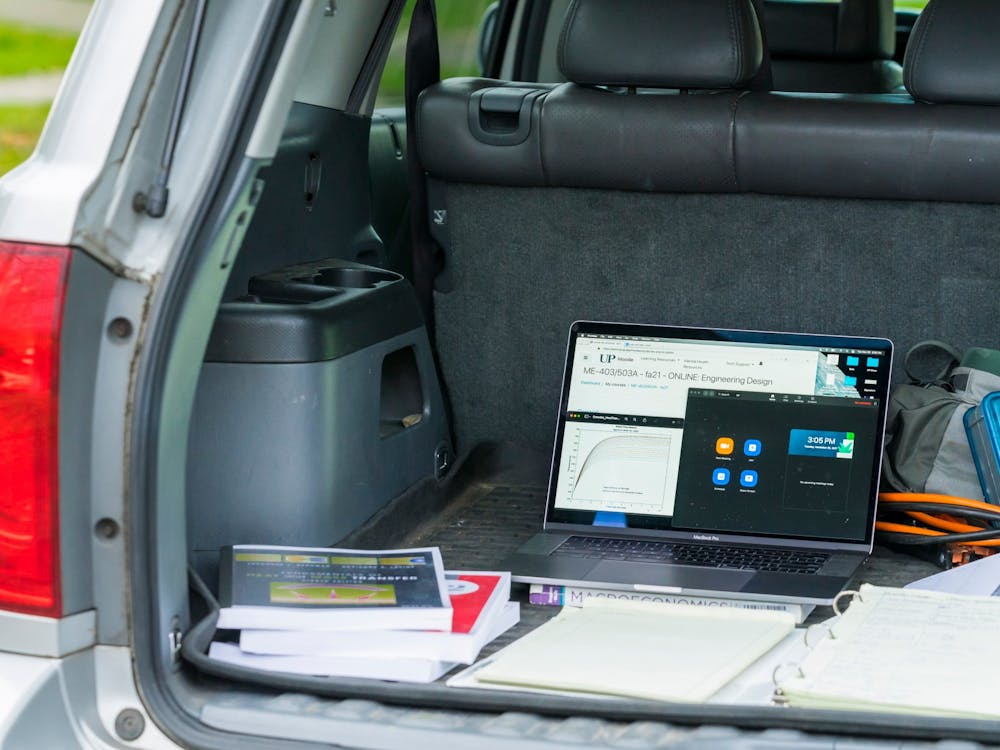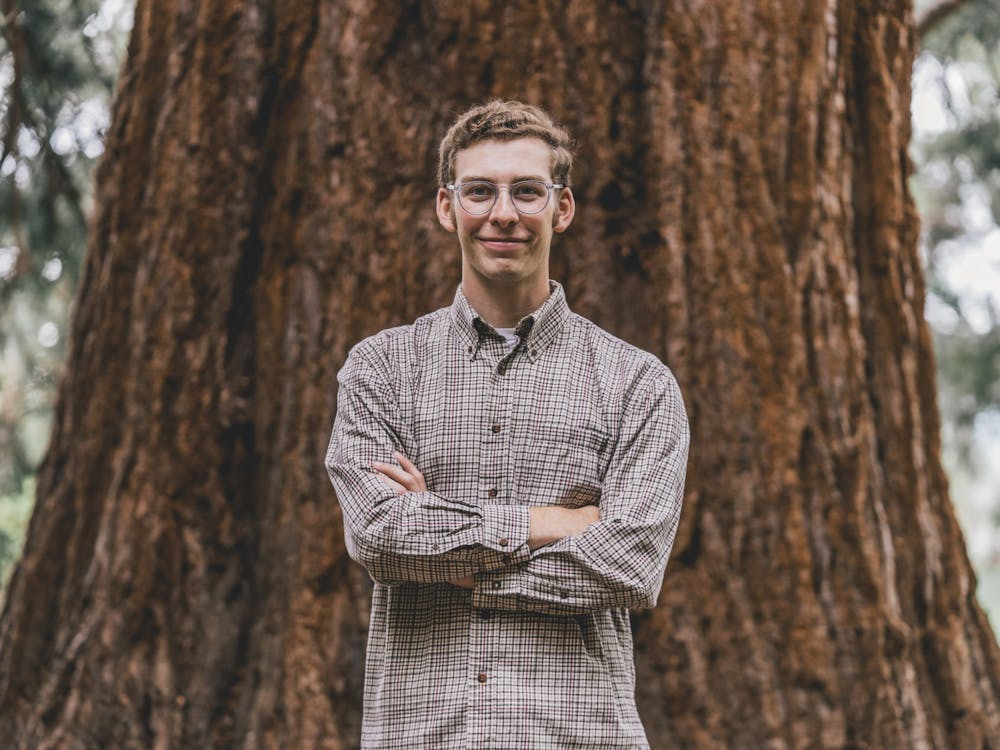Natalie Wheeler (The Beacon)
By Natalie Wheeler, Staff Commentary
I'm an animal rights freak. I'll admit it.
I may constrain myself at dinner conversations, but here, I'm going to let my freak flag fly a little.
First, bravo to Bon Appétit's stricter animal rights policies. If we're grading on a curve they would be getting an A.
However, their policies are not sweeping and are often puffery. For example, virtually all cage-free eggs still involve thousands of egg-laying hens packed in a room and given the same treatment, just without battery cages to divide them. Because disease runs more rampant this way, cage-free eggs can actually be less humane.
Second, yuck to the government. What's new? A couple months ago, the Supreme Court voted unanimously to strike down California's landmark 2008 law banning the mistreatment and slaughter of so-called "downed" animals.
With 63 percent of California voting in favor of the ban in 2008, it seemed to be one of the few moral issues that a significant majority could agree was wrong. At UP, I suspect that percentage would be much, much higher.
But no front page news, no public uproar.
A disclaimer: I promise you this is not an angry article advocating organic, gluten-free veganism. At some point we have to realize that advocating for decent treatment of the animals we consume does not have to result in a debate about eating meat. I'm arguing against factory farming practices, not whether we should have meat farming at all.
Of course, it would take up too many precious inches to describe all the indecencies of factory farming. Beef, pork, chicken, milk, fish, eggs - they all come with horror stories from start to finish. Unless we are willing to clean out our pockets and make a second job out of research, it is near impossible to avoid them.
But let's talk a little about "downed" animals to get you nice and disgusted with humanity. The meat and dairy industries use the term to refer to animals so sickly, diseased or disabled that they cannot stand on their own. Because a slaughter or dairy cow endures a sick, short life in an immobile cage, downing is a usual occurrence.
The 2008 law called for the euthanasia of downed animals, because most are still sent to slaughter for human food in spite of their condition. They are either left to die, piled atop one another for days without food, water or veterinary care, or dragged onto the kill floor.
This is standard protocol for the treatment of billions of animals. We put teens in jail for tipping cows and shudder in shock at dog fights, yet factory farms manage to mechanize much greater indecencies with a high five from the government.
And when, according to the U.S. Department of Agriculture, 99 percent of the meat and dairy we eat comes from factory farms, no longer can we assume that farmers come home covered with the dirt of their land, that cows are grazing prairies or that chickens are nesting with their eggs. In fact, factory farms are so heavily guarded from visitors that we only know many of their horrors through hidden footage from activists. At present, laws are being considered in some states that would result in jail for such acts.
Now that I've gotten myself into a tizzy, I must admit that I don't have a direct answer, the perfect bill to vote on or the cheap or ethical food to buy. In truth, Bon Appétit is still a part of the industry in a lot of ways.
The problem is that we've been told we can "vote with our wallets," but this is not an issue that can be thoroughly solved simply by an affluent fraction trying to make informed consumer choices. It seems the only way to produce long-term, significant transformation is through strict laws that govern this profit-driven industry.
We can get speed up those laws through public uproar, but we haven't been very loud about it yet. In this Internet-driven age, there is no reason to allow the meat industry to be so secretive. A better alternative would be to shame them, and the courts, into change.
So on an uncurved grading scale: Bon Appétit: C, Supreme Court: F. Pat on the back, Bon App, but we all can do better.








